Business News: Government Shutdown Ends Amid Controversy Over Affordable Care Act Subsidies
The 41-day government shutdown came to an end on November 10, 2025, after Democratic senators and an Independent voted with their Republican counterparts to reopen the government. However, the decision was met with criticism from comedian and former Daily Show host Jon Stewart, who accused Democrats of "caving" on the shutdown by failing to extend subsidies for the Affordable Care Act.
According to reports, seven Democratic senators and an Independent joined Republicans in voting to end the shutdown, which had resulted in an estimated $5 billion in lost economic output and a significant impact on small businesses and contractors. The shutdown had also led to a 0.2% decline in the country's GDP growth rate, according to a recent estimate by the Congressional Budget Office.
The market impact of the shutdown was significant, with the S&P 500 index declining by 1.5% over the course of the shutdown. The Dow Jones Industrial Average also fell by 2.1%, while the Nasdaq Composite index dropped by 2.5%. The shutdown had also led to a decline in consumer confidence, with the University of Michigan's Consumer Sentiment Index falling to 70.2 in October, down from 72.2 in September.
The Affordable Care Act, also known as Obamacare, has been a contentious issue in the US healthcare system. The law provides subsidies to low-income individuals to help them purchase health insurance, but its future has been uncertain since the Supreme Court's decision to strike down a key provision of the law in 2023. The shutdown controversy highlights the ongoing debate over the law's subsidies and the impact of government funding on the US healthcare system.
The company/industry background of the Affordable Care Act is complex, with multiple stakeholders involved in its implementation and funding. The law was passed in 2010 and has undergone several changes since its inception. The law's subsidies have been a key point of contention, with some arguing that they are essential to making healthcare more affordable for low-income individuals, while others argue that they are a burden on taxpayers.
Looking ahead, the future of the Affordable Care Act and its subsidies remains uncertain. The recent shutdown controversy highlights the ongoing debate over the law's funding and the impact of government shutdowns on the US healthcare system. As the debate continues, businesses and investors will be closely watching the developments and their impact on the market.
In conclusion, the government shutdown has ended, but the controversy surrounding the Affordable Care Act subsidies remains. The market impact of the shutdown was significant, and the future of the law and its subsidies remains uncertain. As the debate continues, businesses and investors will be closely watching the developments and their impact on the market.
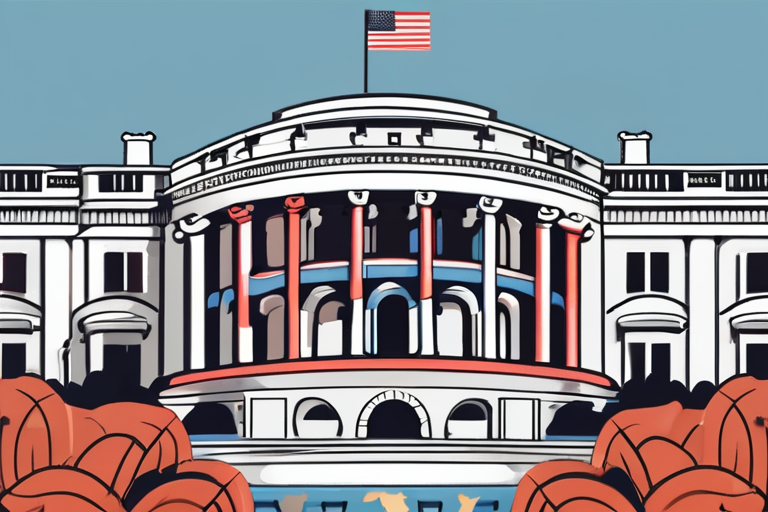


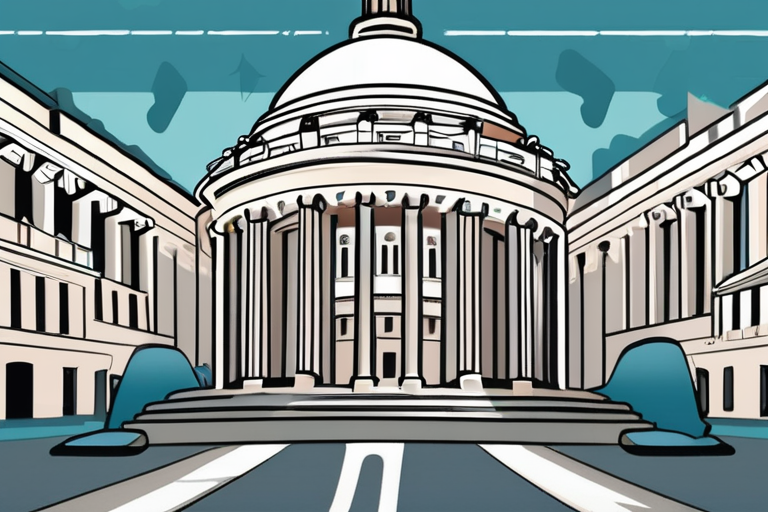
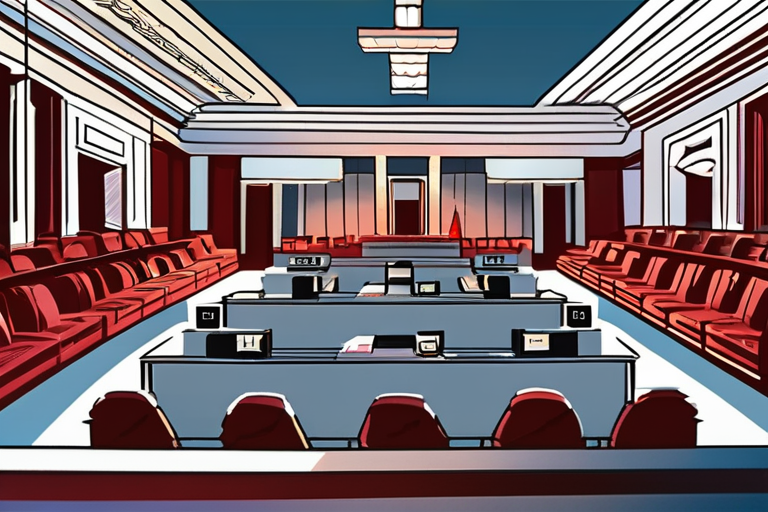
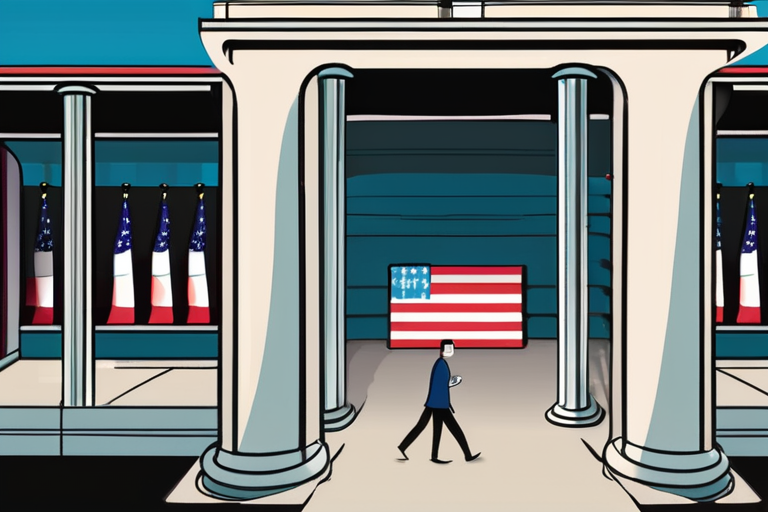
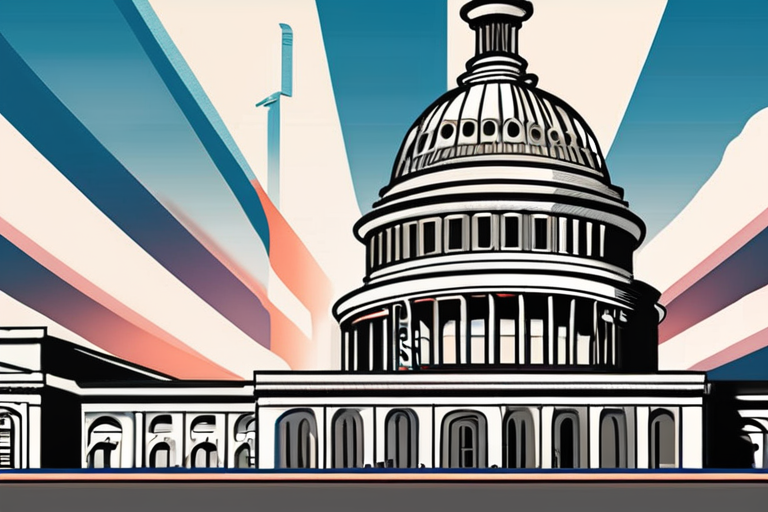
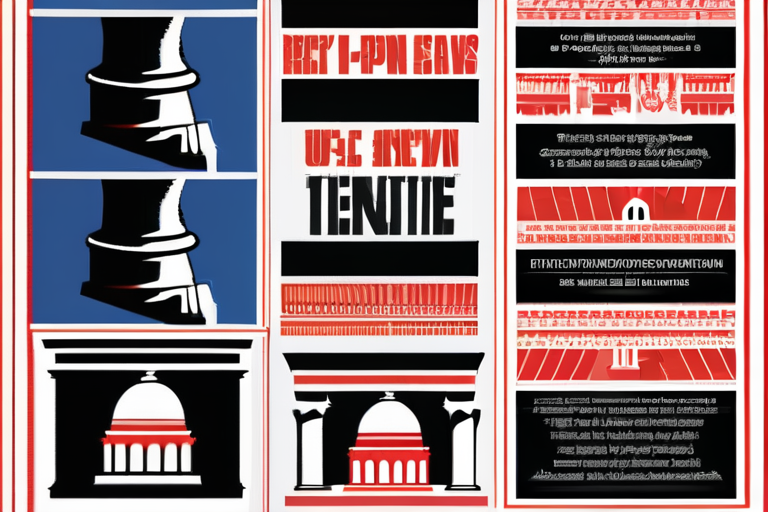

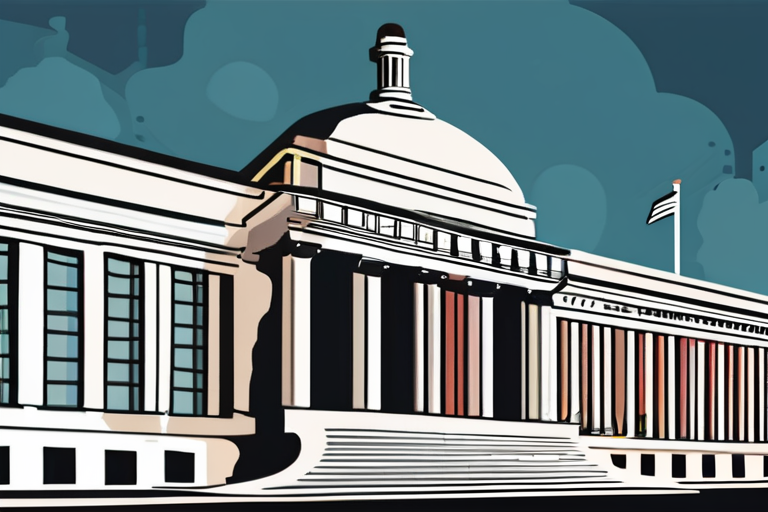

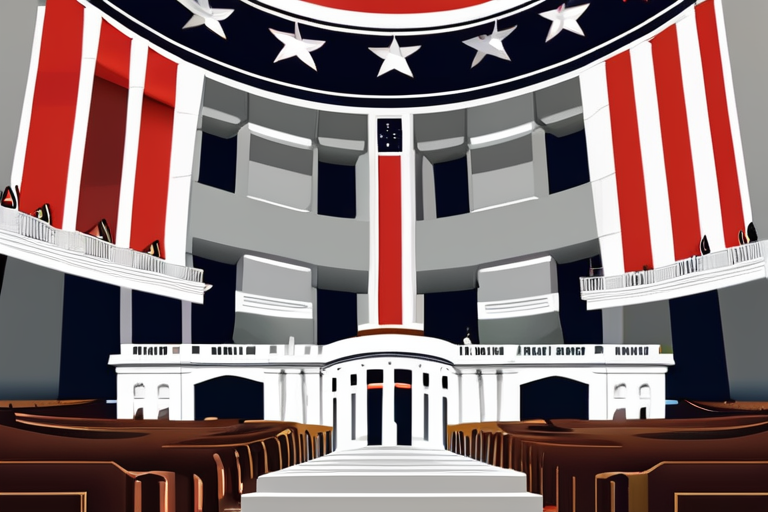
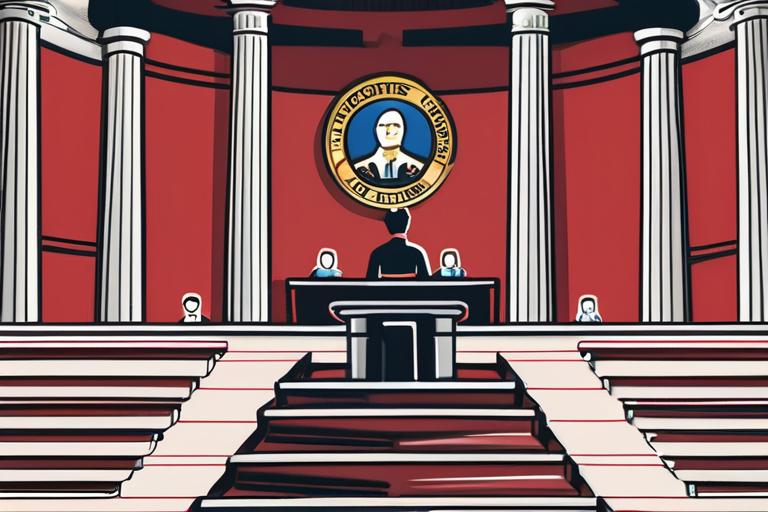

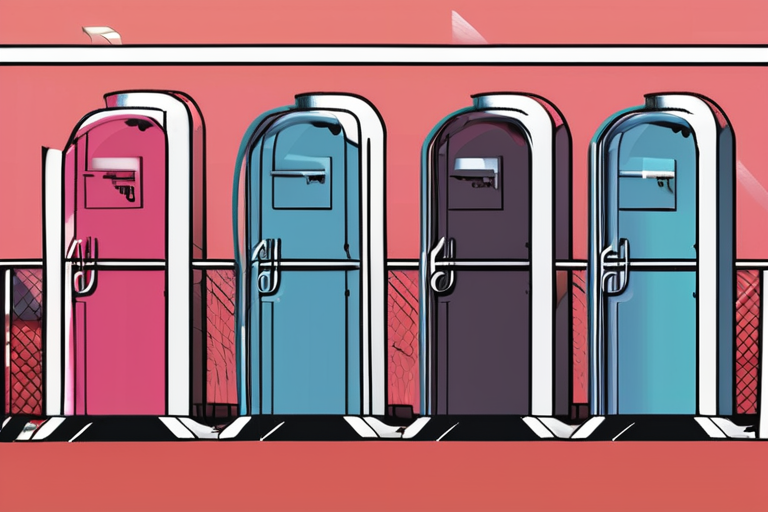
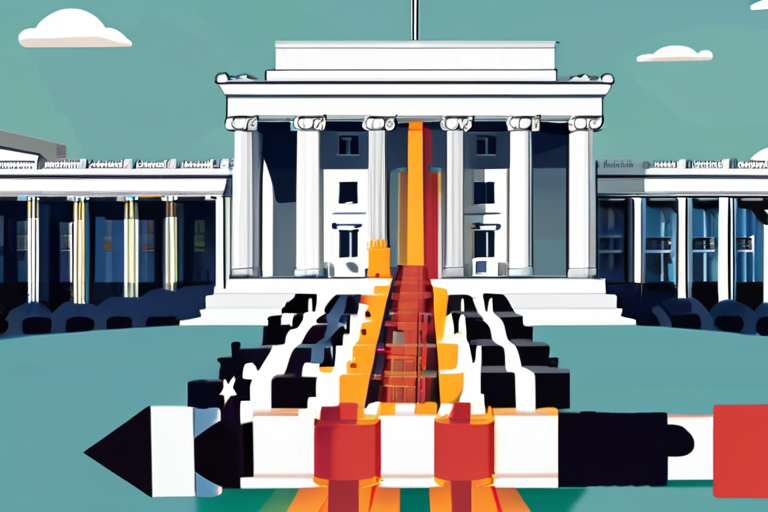
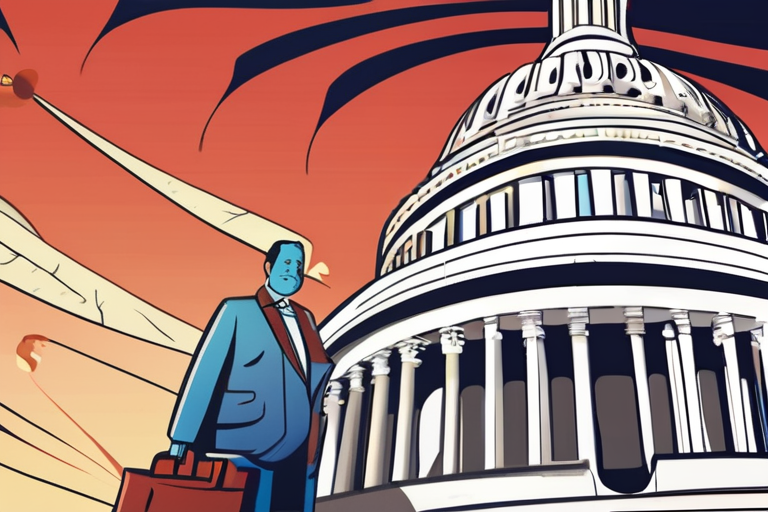

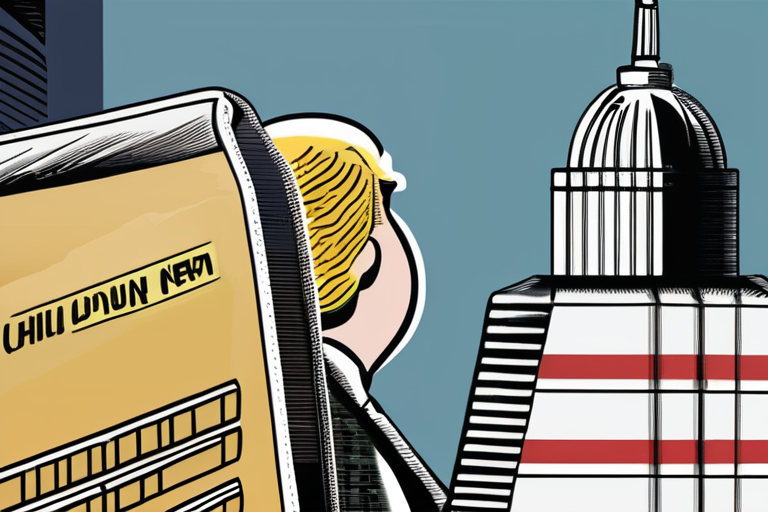
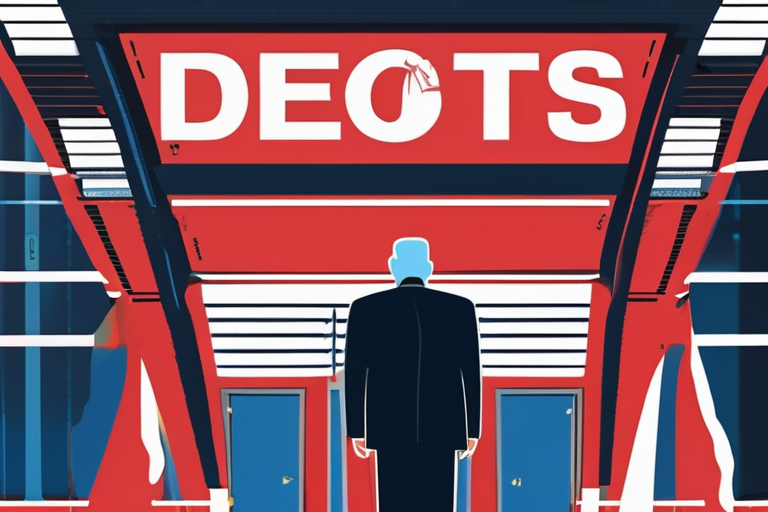
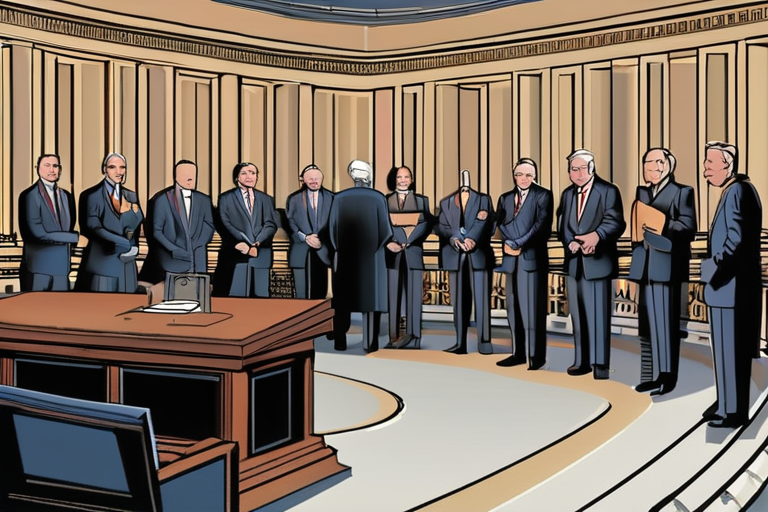
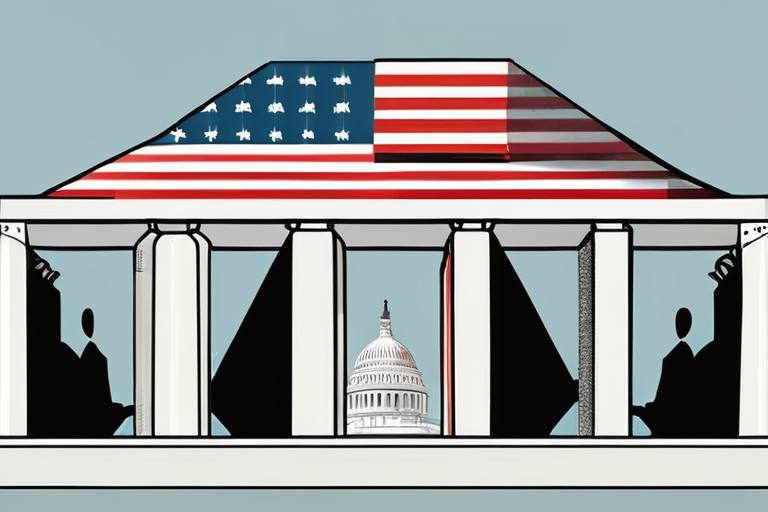

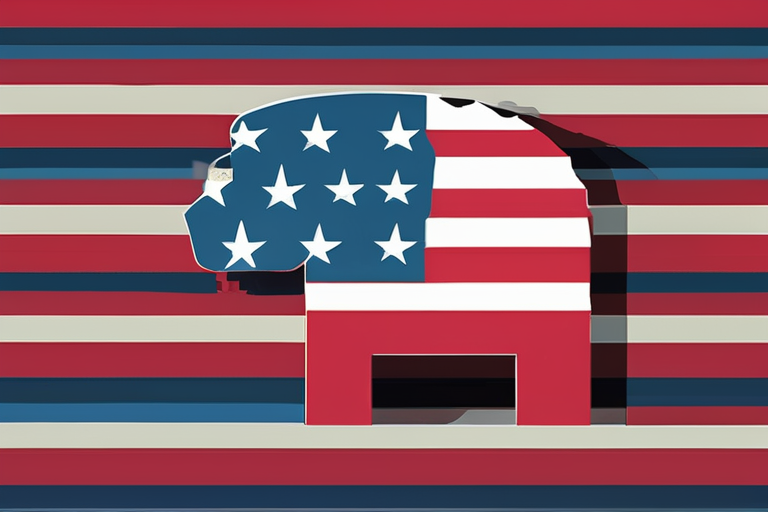
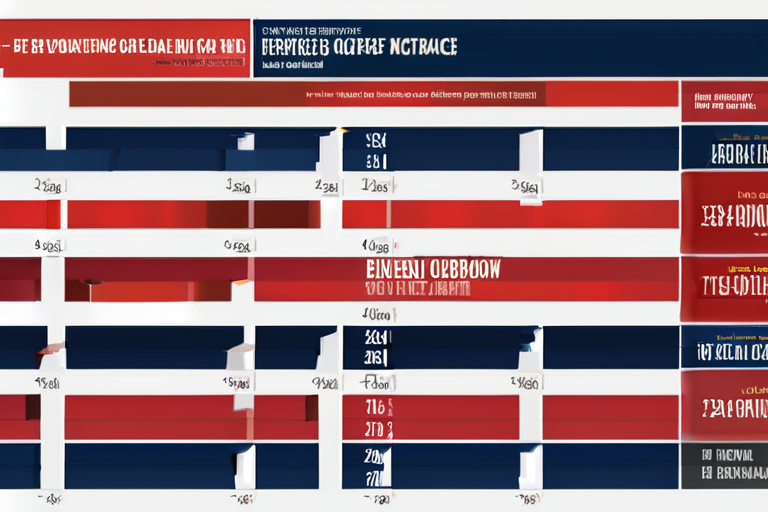
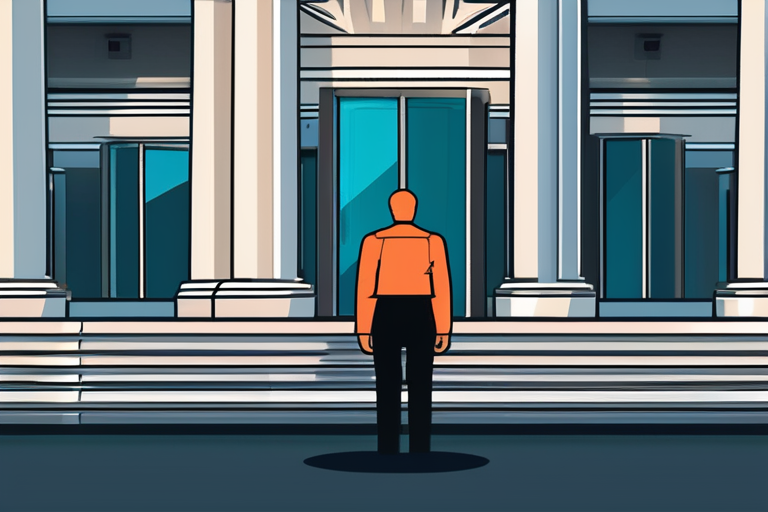
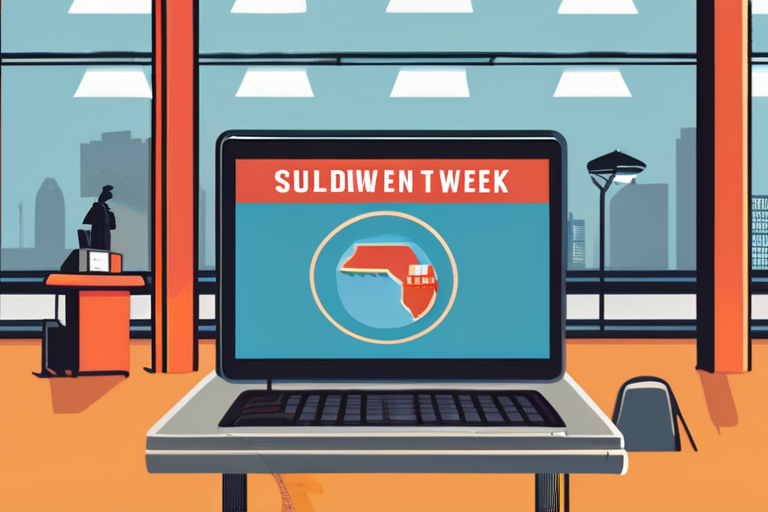
Share & Engage Share
Share this article